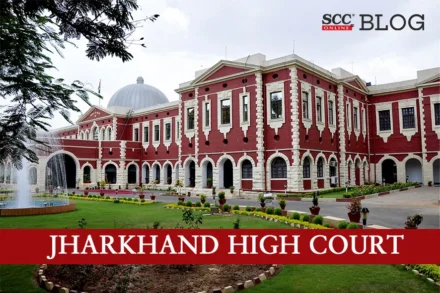
Free fight without any intent to humiliate a member of SC/ST not an offence under SC/ST Act: Jharkhand HC
Jharkhand High Court said that it was apparent that the incidence took place on 11-01-2008 for which the case and counter case were lodged.

Jharkhand High Court said that it was apparent that the incidence took place on 11-01-2008 for which the case and counter case were lodged.
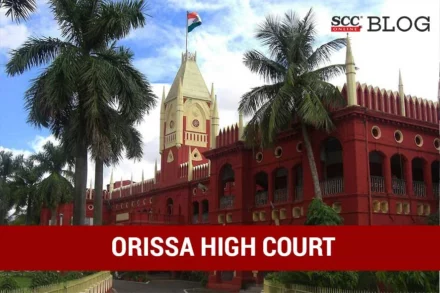
“In the absence of material that women are trafficked for the purpose of engaging for sexual exploitation, the offence under Section 370-A (2) of the IPC cannot be attracted against the customer”.

‘Section 106 of Evidence Act never relieves the prosecution from establishing prima facie guilt of the accused beyond all reasonable doubt, only when the same is established, the burden would shift to the accused.’
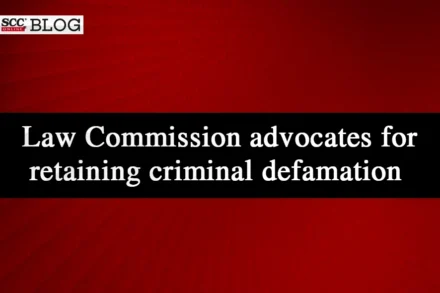
The Report compared the right to reputation as against the freedom of speech and expression and also tracked down the judicial precedents.

Sexual violence against a woman should invite no tolerance, however, manipulating the system by the parties to a case under Section 376 IPC would equally need to be dealt with a stern hand and serious efforts should be made to address and remedy failings within the criminal justice system and through our society.
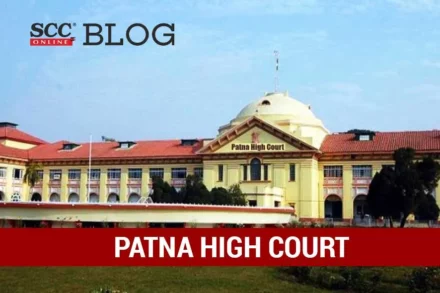
“If the girl is not a major and has eloped with a person and expresses fear of life if her custody is given back to her parents, then the Court shall send her to appropriate shelter home where her interest could be best taken care of till she becomes a major.”
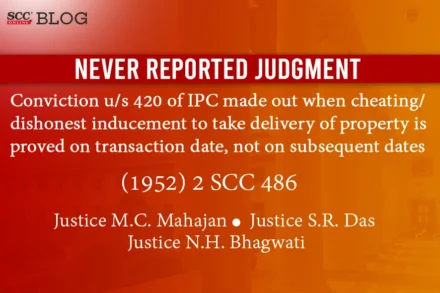
This report covers the Supreme Court’s Never Reported Judgment dating back to the year 1952 on Section 420 of the Penal Code, 1960.

It is the case of the prosecution that accused actively connived along with the co-accused in projecting herself to be a partner along with the complainant to obtain an overdraft facility from the bank.
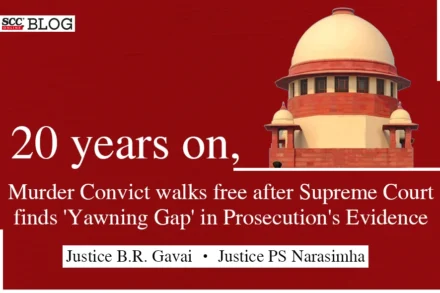
“The principle applicable to circumstantial evidence requires that the facts must be consistent with the hypothesis of the guilt of the accused.”
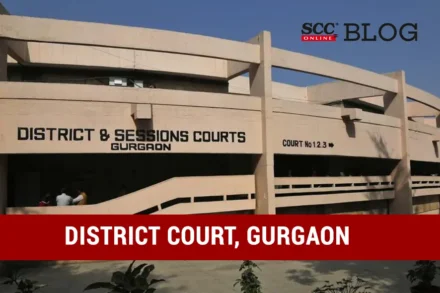
“No Court shall take cognizance of any offence punishable under Section 172-188 of the IPC, except on the complaint in writing of the public servant concerned or of some other public servant to whom he is administratively subordinate”.

“If power is given to the Special Court under Section 436(2) of the Companies Act, 2013 (‘the Act’) to try offences other than those under the Act, then SFIO’s power to investigate into such offences cannot be restricted.”

The Enforcement Directorate registered an ECIR under the provisions of Prevention of Money Laundering Act, 2002 for the alleged offense of money laundering under Section 3 of PMLA, punishable under Section 4 of PMLA, based on a scheduled offence allegedly committed under the provisions of Penal Code, 1860.

As per reports, the complaint concerns a security violation that happened on 13-12-2023 at zero hour when two young people surged into the Lok Sabha chamber, igniting smoke cans and hurling slogans like ‘ye tanashahi nahi chalegi’.

“The Court has a bounden duty to balance the mandate of the law and requirements of general public and then decide the fate of a petition filed under Section 205 of the CrPC especially when the applicant is a public servant, more particularly, the Government servants who are enjoined with a duty to safeguard the lives and health of people.”
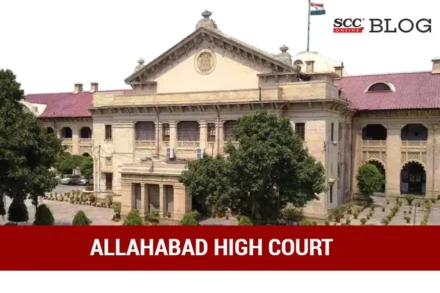
The Court remarked that in the proposed Bhartiya Nyay Sanhita which is likely to replace IPC, no provision like Section 377 IPC is included therein
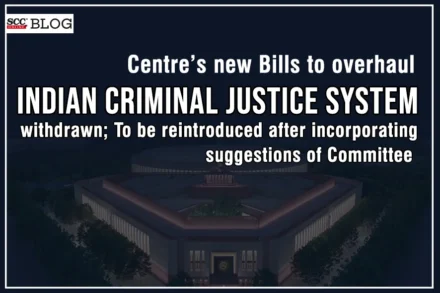
The decision came in light of the Parliamentary Committee’s recommendations to amend the bills with some major changes relating to adultery, Section 377, etc.
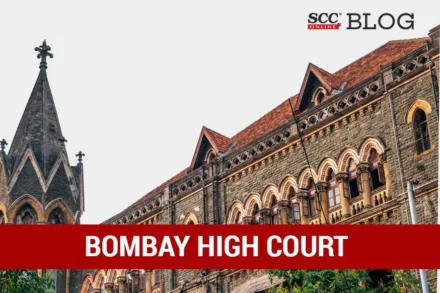
Mere accompaniment of uncle to visit court for recording statement under section 164 of CrPC is not good ground or submission to hold that the child was tutored.

The individual against whom the allegations are made, ought to be a ‘Public Servant’ whose appointing authority is the Central Government or the State Government to entitle him to the protection under section 197 CrPC and not to every public servant.
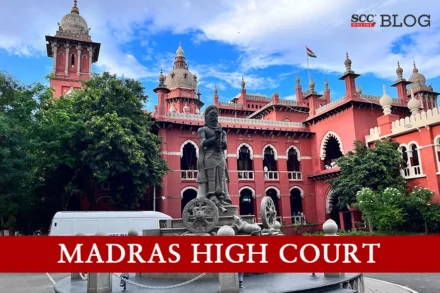
“Merely because a crime is heinous per se may not be a sufficient reason for the imposition of the death penalty without considering the mitigating factors and other circumstance”
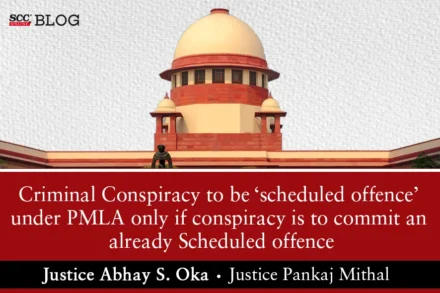
“The Court also held that it is not necessary that a person against whom the offence under Section 3 of the PMLA is alleged, must be shown as the accused in the scheduled offence.”